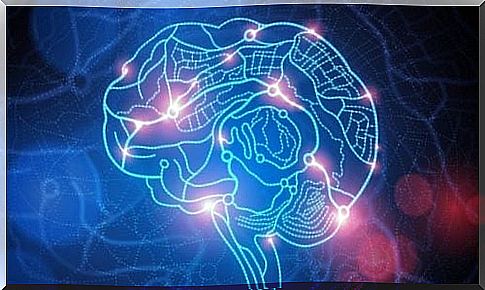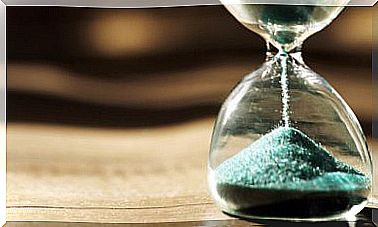Humiliation Is An Attack On Our Identity

Sum m ish emotions we feel in a very intense way. Guilt, anger, sadness, and rage are some of those emotions. But we didn’t mention one emotion. It’s so strong it really tears us apart. And that is humiliation. It is an attack on our identity.
Humiliation is a negative emotion that leaves a deep impression on us. We then feel worthless, mediocre at best. We feel that whatever we do, we will be ridiculed… Sometimes it is a burden that we carry for a long time…
Humiliation activates certain brain regions associated with pain
Researchers from the University of Amsterdam conducted a study comparing different emotional responses of 46 volunteers. The researchers analyzed the participants’ brain waves as they watched insults and flattery on a screen.
The participants were also told stories in which they had to put themselves in the situation of the main character. It would encourage them to connect with their emotions through empathy. For example, one of those situations was when they were going to meet a friend. As soon as the person they were to meet saw them, the person turned and left.
The researchers found that the feeling of humiliation caused much faster and more intense brain activity than joy. It was also more negative than anger. In addition, the areas associated with pain were activated.

Words of praise elicit joy. Yet the feeling of humiliation was far more intense than that pleasurable emotion. But the most incredible thing is that anger couldn’t match humiliation either. The insults made many participants horrified and angry. But humiliation was much more negative.
Humiliation is part of everyday life
Humiliation is an emotion that is not uncommon in our daily lives. Some people are really only able to communicate by humiliating others. Somehow they believe that they are actually doing something right. But they lack the empathy they need to get what they want to say in a kinder and subtler way.
For example, suppose a mother praises her son’s boyfriend. She then compares her son to the boyfriend. Without realizing it, she overlooks her own son’s achievements. And if she makes the comparisons about the current situation of her child and her child’s boyfriend, her son will feel even more humiliated.
We often find ourselves in such situations, especially at work. This emotion invades even our relationships. It occurs when one person mocks another and makes him or her feel inferior. Humiliation is an unpleasant, intense emotion that usually creates deep, long-lasting wounds. It is an attack on our identity and affects our self-confidence. It will make it difficult for us to rebuild it later.

Humiliation, an attack on our identity and self-confidence
What can we do when faced with humiliation? How can we avoid this attack on our identity and not allow humiliation to leave a deep impression on us? How do we keep it from teasing us so much?
The secret is to know and appreciate ourselves. We should not give other people’s opinions more power than our own. We need to know who we are and not let anyone else define us. In summary, the secret is that we should watch our self-confidence. This is necessary so that we can regain our confidence in moments of doubt.
To do that, we really need to keep an eye on our inner dialogue. That’s the way we talk to ourselves. Do we tell ourselves kind things? Or do we keep repeating “I’m so stupid,” “I’m so bad at this,” or “I’m hopeless”?
We must treat ourselves well, value ourselves and love ourselves. If we are tolerant of others, why not treat ourselves the same? Allow yourself to make mistakes. You are not perfect.
Let us value ourselves so much that we become indifferent to anyone’s attempt to humiliate us. For we cannot prevent others from humiliating us. But we can change the way it affects us.
We now understand that humiliation is an attack on our identity and an attempt to cause us pain. So it is time to take action. Let’s start by valuing ourselves. We don’t want to depend so much on external approval anymore. On the contrary, what we want is to believe in ourselves.









